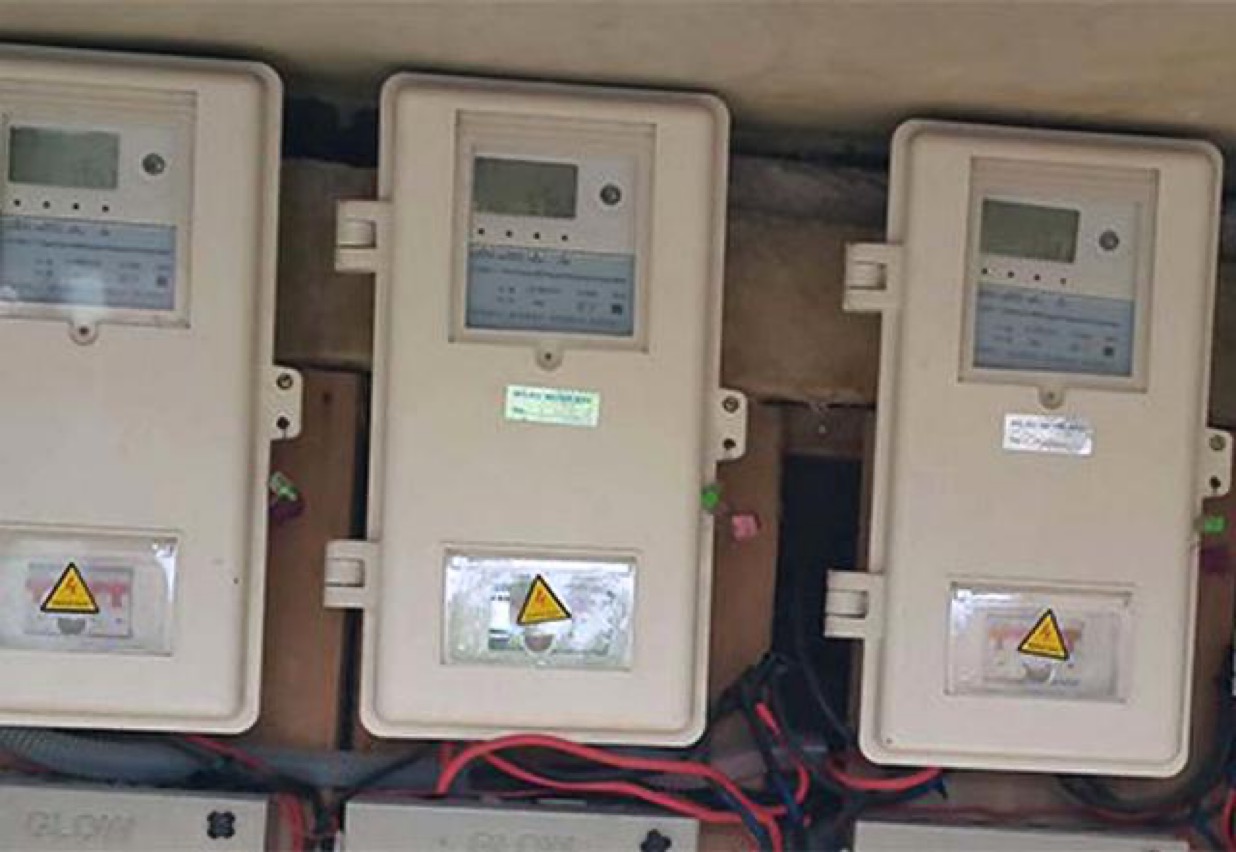The Federal Government has launched the ambitious Presidential Metering Initiative (PMI), a transformative program aimed at deploying seven million smart meters across the nation. Announced by Olu Verheijen, Special Adviser to President Bola Tinubu on Energy, this initiative is poised to eliminate the long-standing issue of estimated billing, a practice that has plagued millions of Nigerian households with inflated electricity costs and eroded trust in the power distribution system. With a robust funding commitment of N700 billion from the Federation Account Allocation Committee, the PMI signals a new era of transparency, efficiency, and fairness in Nigeria’s electricity market.
The Problem of Estimated Billing
For years, estimated billing has been a thorn in the side of Nigerian electricity consumers. Without accurate metering, many households and businesses have been subjected to arbitrary charges by Distribution Companies (DisCos), often leading to exorbitant bills that bear little relation to actual electricity consumption. This practice has not only burdened consumers with unfair costs but also contributed to significant revenue losses for the power sector, with energy losses estimated at a staggering 40%. The lack of reliable metering has also hindered accountability, leaving consumers vulnerable to exploitation and undermining efforts to build a sustainable energy ecosystem.
The PMI seeks to address these challenges head-on by ensuring that every electricity consumer is accurately metered. By deploying seven million smart meters over the next three to five years, the initiative aims to close the metering gap, which currently affects approximately seven million unmetered customers across the country. This monumental task requires the installation of two million meters annually, a feat that underscores the government’s commitment to transforming the power sector.
How Smart Meters Will Change the Game
Smart meters represent a technological leap forward in electricity distribution. Unlike traditional meters, smart meters provide real-time data on electricity usage, enabling both consumers and DisCos to monitor consumption accurately. This technology empowers households to manage their energy use more effectively, potentially reducing costs and promoting energy conservation. For DisCos, smart meters offer a way to reduce revenue losses by ensuring that billing reflects actual consumption, thereby improving financial sustainability in the sector.
Moreover, smart meters enhance transparency by eliminating the guesswork associated with estimated billing. Consumers will no longer receive inflated bills based on arbitrary estimates, fostering greater trust in the power distribution system. The initiative also aligns with global trends toward digitalization in utility services, positioning Nigeria to modernize its energy infrastructure and improve service delivery.
A Strategic Approach to Implementation
The PMI is not just about installing meters; it’s a comprehensive strategy to overhaul Nigeria’s power sector. The initiative is backed by a significant financial commitment of N700 billion, sourced from the Federation Account Allocation Committee, ensuring that the program has the resources needed to achieve its ambitious goals. The rollout is structured to deliver two million meters annually, with a target completion timeline of three to five years. This phased approach allows for systematic implementation, ensuring that the infrastructure and logistical challenges of such a large-scale project are effectively managed.
To complement the metering initiative, the government is also addressing legacy debts in the power sector and reforming subsidies to better serve low-income households. These measures aim to create a more equitable electricity market, where vulnerable consumers are protected from financial burdens while the sector becomes more financially viable. By reducing energy losses from 40% to 20%, the PMI also seeks to enhance the overall efficiency of Nigeria’s power infrastructure, ensuring that more electricity reaches consumers without wastage.
Challenges and the Path Forward
While the PMI holds immense promise, its success hinges on effective implementation. The scale of the project—deploying seven million meters in a few years—is a logistical challenge that requires meticulous planning, coordination, and oversight. Ensuring the quality and reliability of the smart meters is also critical, as substandard equipment could undermine the initiative’s goals. Additionally, public awareness campaigns will be essential to educate consumers about the benefits of smart meters and address any concerns about their installation and usage.
The government’s commitment to settling legacy debts and reforming subsidies is a positive step, but sustained political will and stakeholder collaboration will be necessary to maintain momentum. Engaging with DisCos, local communities, and international partners can help overcome potential bottlenecks and ensure that the PMI delivers on its promises.
Join our Whatsapp channel to stay updated always!



l3kwj8